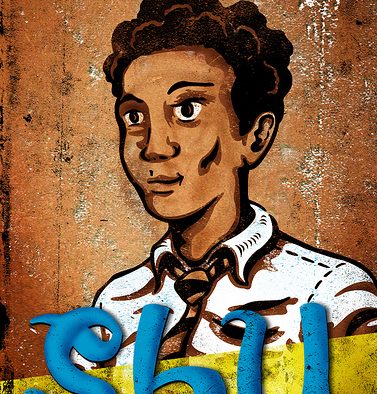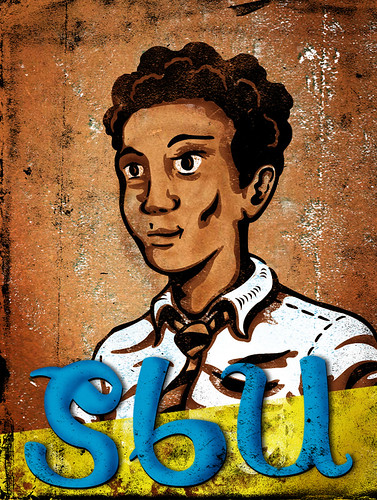Mobile books the South African way

“Sbu hits it off with a girl at a party, but she disappears, leaving him with her cellphone. Who is she? Why doesn’t anyone on her contact list know her? And why is she receiving threatening messages?”If you’re about 15, live in Gugulethu and read this mobile novel on your cellphone you’d know that following the girl at the party led Sbu and his friends into a dangerous world of action and mystery.Sbu is a character in a novel local teens are reading on a mobile device that’s not an iPhone or a Kindle, but an ordinary cellphone. Shuttleworth Fellow Steve Vosloo believes that ordinary mobile phones in townships are the iPads and iPhones of Africa. Vosloo is the brains behind an ingenious project, Mobile for Literacy, that gets teenagers in townships to read more by working with technologies they already know and love to use.The Fellow for 21st Century Learning at the Shuttleworth Foundation, Vosloo doesn’t deny that putting computers into schools is a noble cause. “We absolutely need this to continue, but if you look at mobile phones some 90% to 100% of urban youth have access to a cellphone. So, for me, that is the point of departure. It’s about using what is in the hands of young people right now, what they have access to and what they love using.”What’s smart about the Mobile for Literacy project Vosloo leads is that it doesn’t push legacy or tradition. It starts with what teenagers obsess about – text-based messaging – and uses this to get them to read more.The project published a mobile novel called Kontax in English and isiXhosa last year and discovered a market hungry for mobile teen literature. “We published the Kontax series from October 2009 to the end of April 2010 and had more than 33,000 reads, which is significant because each story is a 20-page word document,” said Vosloo.The stories invited comments and, since launch some 4,000 comments were submitted, offering a good indication of what readers like and don’t like. Vosloo also held writing workshops with teenagers to get their input on storylines and writing, while the novel’s Web and mobile sites had writing competitions where readers could contribute theme, storyline and character suggestions.“Our teen readers asked us to give them stories with role models that would help them deal with the issues they face such as HIV/Aids, teenage pregnancy and drugs. These themes will run through future stories, but we’ve also had readers who want a much lighter read – schmaltzy, soapy style romance. We will publish soapy novels with daily episodes, and have also had requests for sports stories. We want to get as many people reading and writing through this medium as possible, so in turn we can showcase these to publishers and authors. This would offer proof that mobile is an exciting platform the literary industry needs to consider for Africa,” said Vosloo.
Image Source : kontaxmobi










